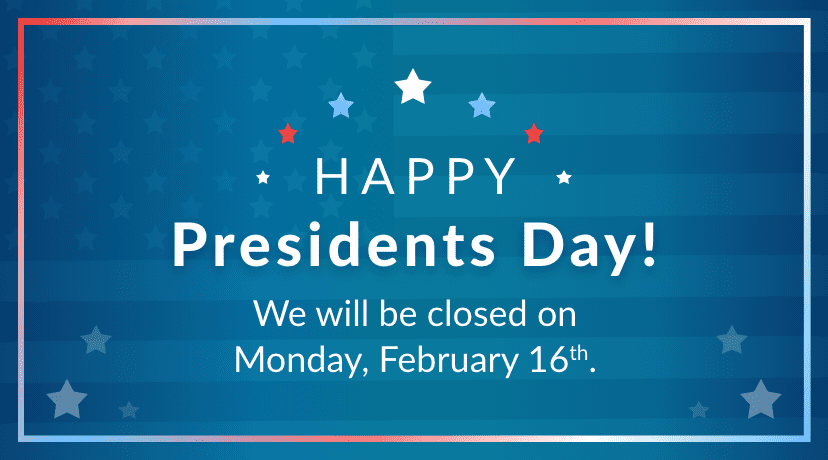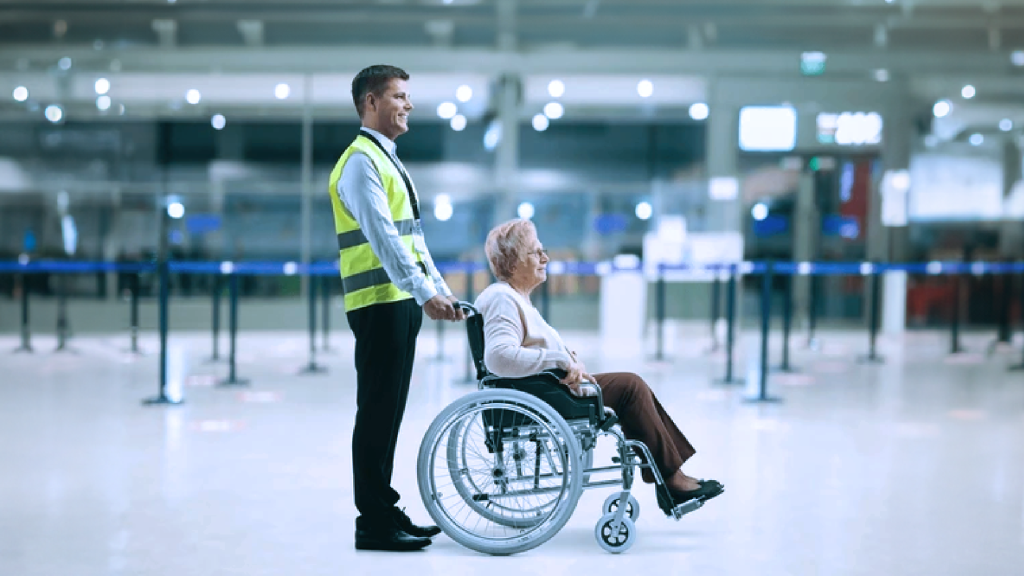






Traveling can be an enriching experience, offering new perspectives and unforgettable memories. However, for those with mobility issues, planning a trip requires additional considerations to ensure a smooth and enjoyable journey. Here are some top tips to help manage mobility issues while traveling this summer:
Research Accessibility: Before booking your trip, research your destination’s accessibility. Look for information on public transportation, sidewalks, attractions, and accommodations. Websites like Accessible Travel Online and Wheelchair Travel can be valuable resources.
Book Accommodations Early: Ensure your hotel or rental is fully accessible. Confirm features like step-free entry, wide doorways, accessible bathrooms, and available mobility aids such as shower chairs or bed risers.
Plan Your Itinerary: Plan an itinerary that includes accessible attractions and activities. Contact venues in advance to inquire about their accessibility features and services.
Mobility Aids: Bring your own mobility aids, such as canes, walkers, or wheelchairs. If you use a motorized wheelchair or scooter, ensure it is in good working condition and bring a charger and adapter suitable for your destination.
Comfortable Clothing and Shoes: Wear clothing and shoes that are comfortable and easy to manage. Compression socks can help prevent swelling during long flights or car rides.
Medications and Documents: Pack enough medication for the entire trip and a few extra days in case of delays. Keep a list of your medications and a doctor’s note explaining your condition and the need for any medical devices.
Request Assistance: When booking flights, request wheelchair assistance or any other required support. Arrive at the airport early to ensure ample time for security checks and boarding.
Know Your Rights: Familiarize yourself with airline policies regarding mobility aids and medical equipment. The Air Carrier Access Act in the U.S., for example, protects the rights of passengers with disabilities.
Accessible Seating: Contact the airline in advance to reserve accessible seating. Many airlines offer priority boarding for passengers with mobility issues.
Airport Transfers: Arrange accessible transportation from the airport to your accommodation. Many airports offer wheelchair-accessible shuttle services.
Public Transportation: Research the accessibility of public transportation in your destination. Many cities have accessible buses, trains, and taxis.
Car Rentals: If renting a car, ensure it is equipped with hand controls if needed. Some rental companies offer vehicles with ramps or lifts for wheelchairs.
Emergency Contacts: Keep a list of emergency contacts, including local emergency services, your country’s embassy, and nearby hospitals.
Travel Insurance: Purchase travel insurance that covers medical emergencies, trip cancellations, and lost or damaged mobility aids.
Stay in Touch: Keep friends or family updated on your travel plans and whereabouts. Use a mobile phone or tablet to stay connected and access helpful apps.
Rest and Recovery: Plan for rest days and allow time for recovery. Overexertion can lead to fatigue and discomfort.
Listen to Your Body: Pay attention to your body’s signals. If you need to rest or take a break, do so.
Accessible Activities: Choose activities that match your energy levels and mobility. Many destinations offer accessible tours and experiences.
Navigation Apps: Use apps like Google Maps or Apple Maps to find accessible routes and public transportation options.
Translation Apps: If traveling to a non-English-speaking country, use translation apps to communicate your needs effectively.
Accessibility Reviews: Check websites and apps that offer reviews on the accessibility of hotels, restaurants, and attractions.
Traveling with mobility issues may require extra planning, but it is entirely possible and can be incredibly rewarding. By preparing in advance, utilizing available resources, and pacing yourself, you can enjoy a stress-free and memorable journey. Embrace the adventure and create lasting memories, knowing that the world is more accessible than ever before. Safe travels!
**The information on this site is not intended or implied to be a substitute for professional medical advice. If you are having a severe and sudden change in physical or mental health, please call 911, contact a local emergency facility or consult with your doctor. Always seek the advice of your physician or other qualified healthcare provider, and never disregard the advice given because of information you have received from our website.**



